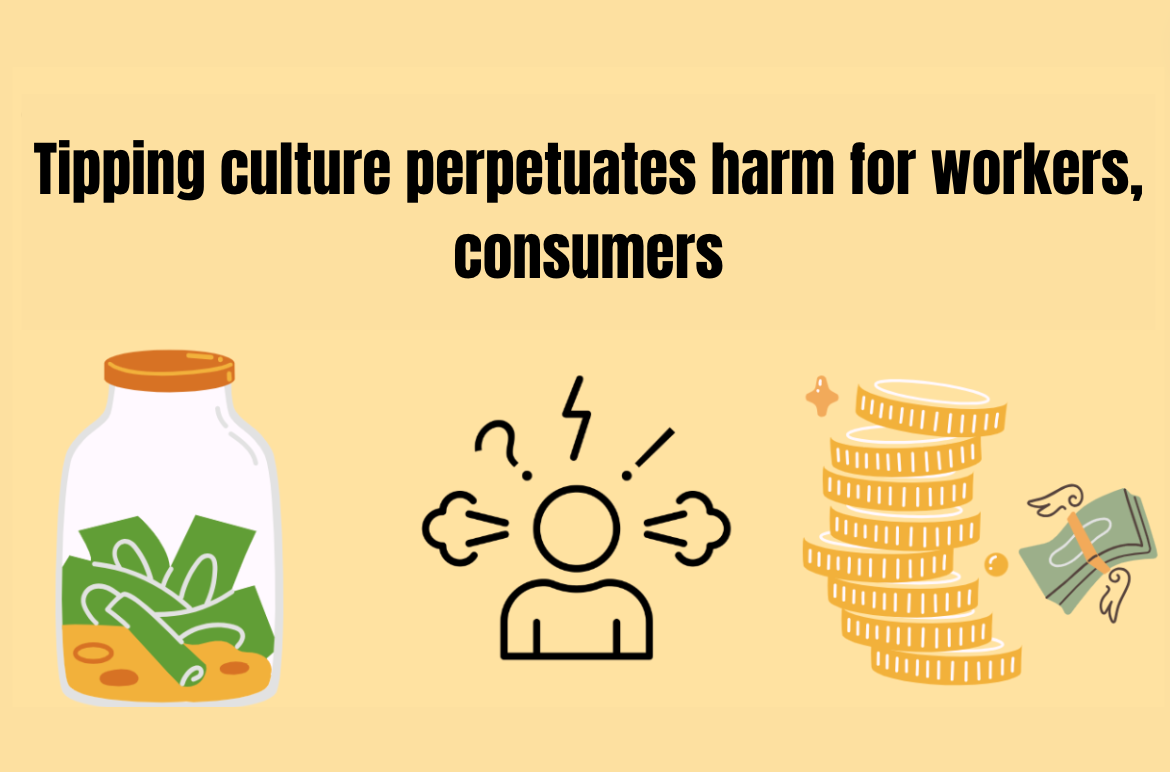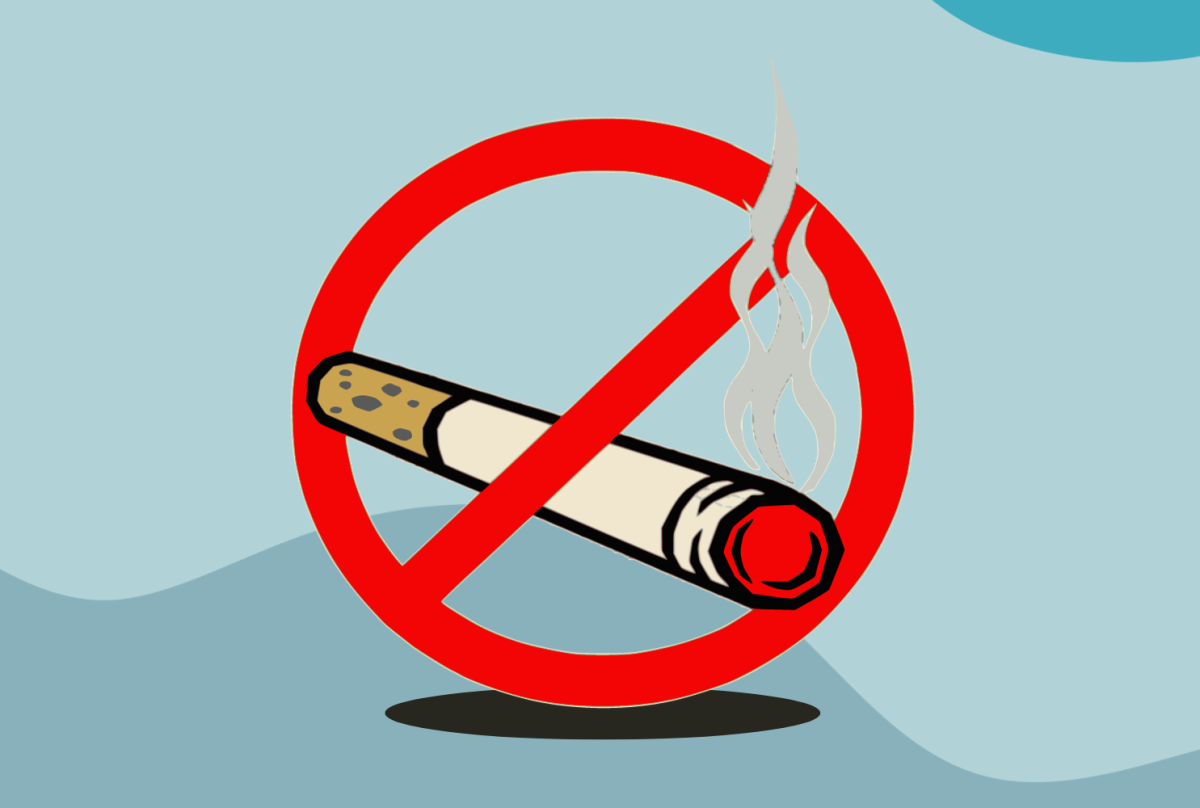Recently, 19-year-old Instagram star Essena O’Neill spoke out against social media and its harmful consequences. She described how she became so consumed with likes, comments, views and any indication of others’ approval, that her life revolved around it – what she ate that day, what she wore, even her mood.
As this news story blew up in the media, I began to think about how I, too, care about likes on Instagram and often tailor my photos according to what I think other people will like.
I love photography and I love to share my own work, but isn’t it sad when I take into consideration the amount of likes I will get on a photo before sharing it?
It is common for people to spend hours crafting a concise and witty comment on Facebook for the sole intention of receiving likes. It is as if social adeptness and charm is based on a Facebook like or an Instagram double-tap. If you allow it to be, social media can be the predictor of your worth as a person, as it was for O’Neill.
Social media has implanted in our generation this compulsive need for validation: For our opinions, our art and our ideas to be acknowledged and approved. The validation we feel from getting likes has become a driving force to share anything at all.
This attitude has prevailed past the computer screen and into our daily lives. My peers now hesitate to share their opinions or jokes in person. They engage in conversation tentatively and only begin to speak up when someone else laughs or chimes in to validate a point that they were going to say.
Sharing ourselves – whether it be in the form of art, opinion, or even a joke – should be a selfless activity. It should be done to let other people into your world, to persuade others of your perspective, to make people laugh or cry. But now, it has become a selfish activity. We now instead share to reaffirm our beliefs and our work.
We spend hours looking at our like-counts or freaking out if a specific person, who was online at the time, didn’t like a photo. We let likes dictate what we do and do not post. When we spend so much time looking at others, what’s the point of sharing ourselves in the first place?








